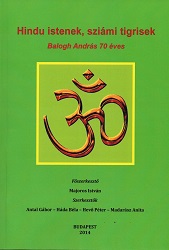

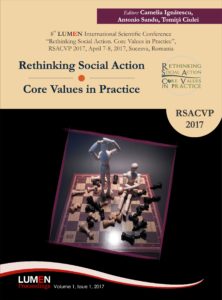
Keywords: rational tolerance; justice; communicative action; dialogue; moral principle.
The purpose of this paper is to study the phenomenon of tolerance as an ethical and communication principle. There are some risks of appealing to tolerance. It can be argued that moral relativism does not allow for justification of norms of tolerance. One of the consequences of taking tolerance as the fundamental principle of interactions is that it can turn into a cultural separatism that alienates people. In total accord with the idea that relativistic tolerance makes criticism impossible, we would like to further develop the concept of tolerance and to consider a different angle. Relativistic interpretation of this notion leads to an ambiguous position, when tolerance does not lead to stabilizing relationships, but conditions separation between people, arbitrariness, and permissiveness, including admissibility of social injustice. We could call such kind of behavior a «seeming tolerance» that is replacing in reality the concepts of indifference and passive concession.
More...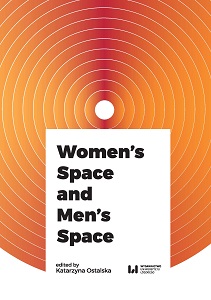
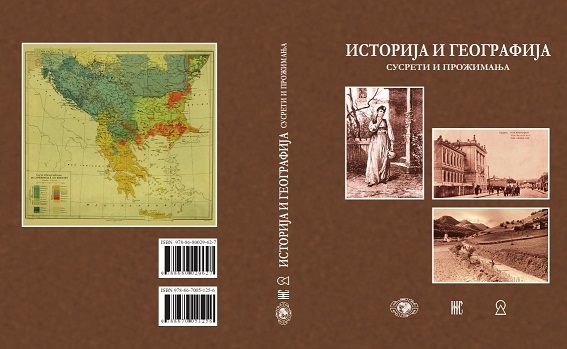
Keywords: migration; the Republic of Mordovia; population; immigration; emigration;
The article (on the case of the Republic of Mordovia) examines the role of the population migration in the region’s labor potential formation.
More...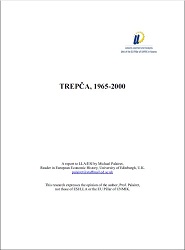
Keywords: Trepča Mining;
I initiated research on this report in July 2002, mainly using materials in the public domain in Belgrade, Yugoslavia. In particular, use was made of Trepča, the Combine’s internal newspaper, for 1989-1999. This preliminary research familiarised me with the central issues regarding the business of RMHK “Trepča” in the recent past, and identified issues likely to bear on the problems of the enterprise. It provided a basis for further research carried out October-December 2002 on documents held at RMHK “Trepča”s head office at Zvečan, files at the offices of EU in Priština, and Trepča documents also held by UNMIK/EU and stored on 25 CD-Rom disks.
More...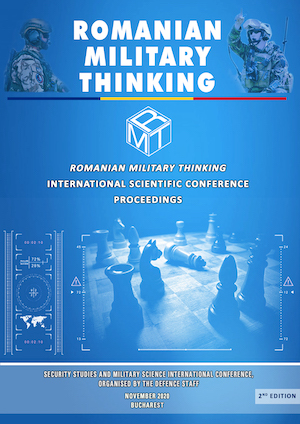
Keywords: cyberspace; cyber operations; planning process; tactical level; operational environment;
Ensuring cyber security has become increasingly important and culminated in the recognition of cyberspace as an operational environment, along with land, water, air and space. Operations in the cyber environment must be planned, integrated and synchronised with operations in other operational environments. The armed forces carry out cyberspace operations and support activities in this field as part of the joint operation. In the modern war, the superiority in the cyber environment ensures a decisive advantage to the commanders from all echelons. This is achieved through a human, technological and procedural combination. The military is accustomed to seeing the effect of their actions on the battlefield, in a physical environment. However, cyber operations take place in a virtual environment, and their effects are sometimes difficult to identify.
More...
Keywords: Samuel Johnson; urban satire; city; irony; eighteenth-century London
The article discusses Samuel Johnson’s early poem, London (1738), written in imitation of Juvenal’s Third Satire. It considers the trope of irony as employed in the poem within its imitative mode, examines the construction of the speaker in the poem and, in particular, Johnson’s satiric depiction of the eighteenth-century London as the place that intensifies contrasts and contradictions and hence defies attempts at clear definition. The poem is also placed in the broader tradition of eighteenth-century urban satire. More specifically, the article looks at Dr Johnson’s treatment of the disjunction between the moral and the economic that seems to define Britain’s capital for him. Consequently, his construction of Englishness in this piece appears to be outlined in direct contrast with his satiric representation of London’s cosmopolitan urban milieu, which Johnson tends to link with foreign influences as well as with chaos and corruption.
More...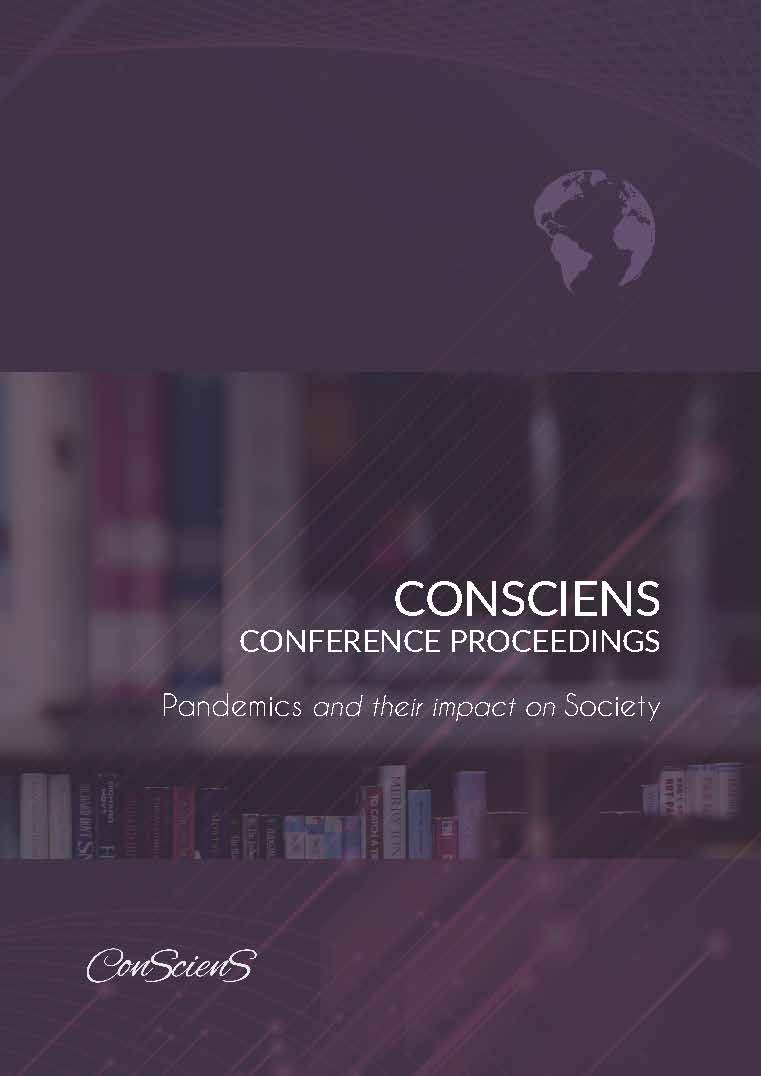
Keywords: human rights; SARS-CoV-2; institutionalized persons;
The rapid emergence and evolution of the SARS-COV-2 epidemic in Romania has led national state authorities to adopt a series of measures limiting citizens' constitutional rights. These measures were ordered to limit the spread of the pandemic on national territory and were established by Presidential Decree on March 16, 2020. The Presidential Decree no. 195/2020 - on the establishment of emergency status on Romanian territory, allowed the limitation of certain constitutional rights, including those of institutionalized persons, for 30 days. The main rights affected were the right to free movement, the right to intimate, family and private life, the right to education, and the right to private property. Later, the government decree under which the state of alert was ordered extended some of these legal limitations, to the present day. In Romania, the persons in institutions, including the elderly, persons with disabilities and children, remain among the most vulnerable during the current state of alert. In the present study, we will analyse the effects of limiting the constitutional rights of institutionalized persons during the state of emergency and state of alert, pointing out the main issues raised by the Ombudsman and referencing some legal and practical solutions proposed by NGOs and the EU institutions.
More...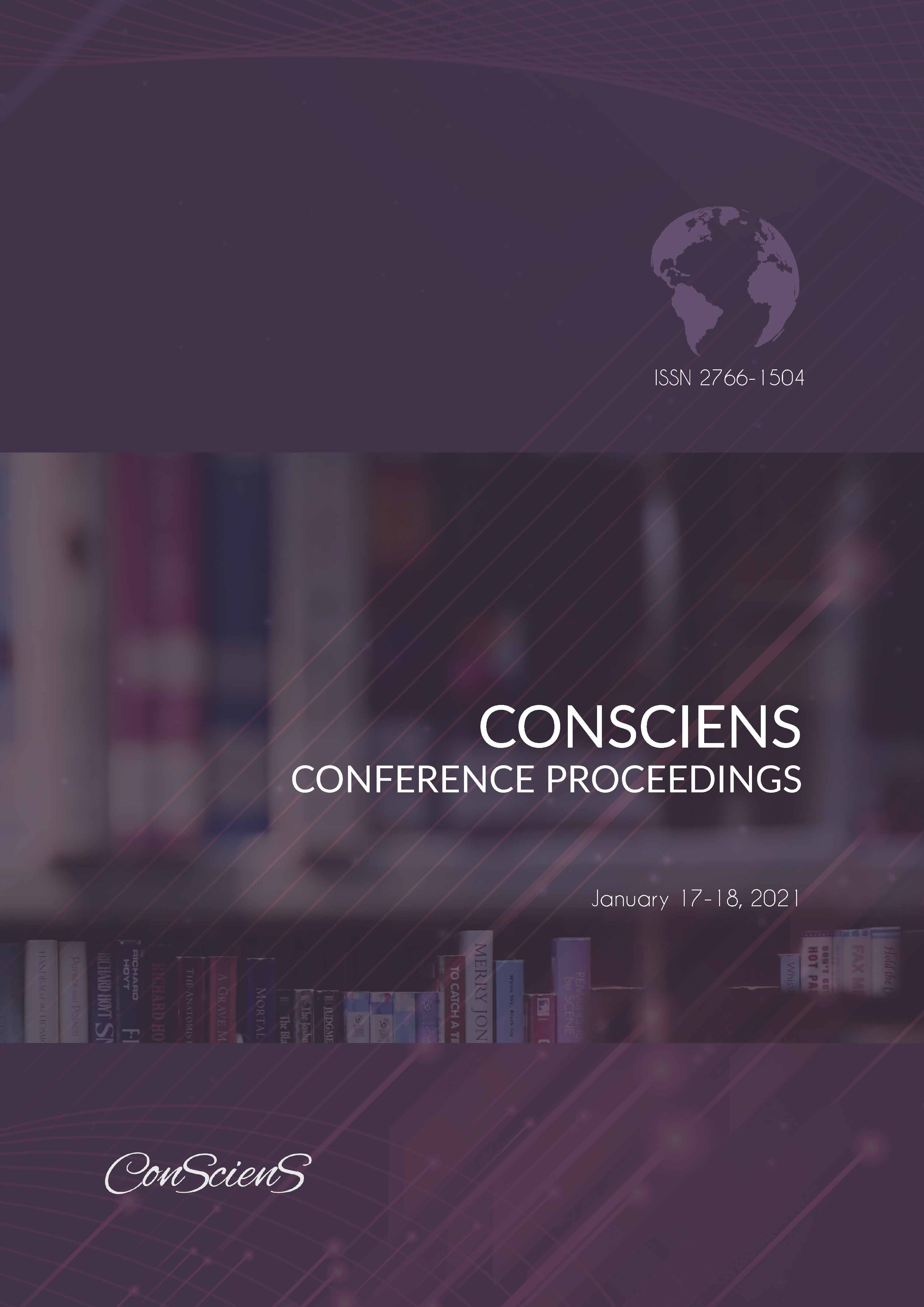
Keywords: Chinese leaders’ images; strategic culture
This paper provides a preliminary analysis on how Chinese leaders perceive the United States during the coronavirus pandemic in 2020. The author borrows the concepts of strategic culture provided by Andrew Scobell (2014). Scobell asserts that “two faces of strategic culture” affect Chinese leader images and perceptions. The first face of strategic culture is concerned with a country’s self-image – the perceptions and realities of its dominant strategic traditions and how these interact and produce outcomes. The second face of strategic culture involves the image of other countries. Scobell argues that Chinese leaders tend to view their strategic tradition as the “Great Wall” strand of strategic culture, and therefore it shows “active defense” in nature. Chinese leaders tend to describe other states as more focused on aggressive and disreputable intentions in relation to China. This author uses pattern-matching research methodology and compares the theoretical pattern and the observed pattern. The data were collected from Chinese leaders’ speeches and government websites. The author codes and analyzes the data based on the conception model. Based on the empirical findings, this author confirms two strategic culture faces during the pandemic that affect Chinese leaders’ images. The result shows that Chinese leaders tend to have negative images towards the United States.
More...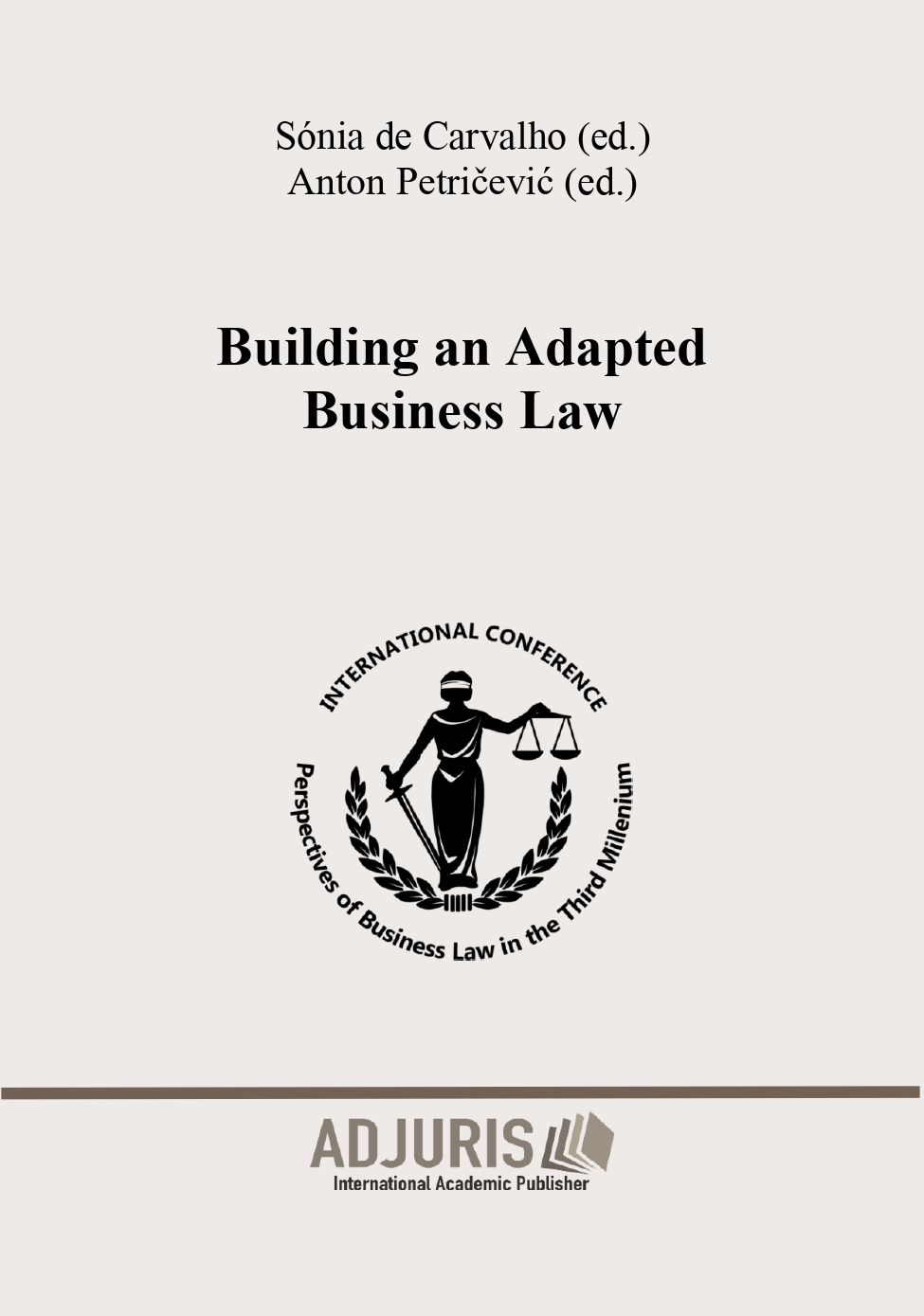
Keywords: competition; Croatia; European Union; legislation; harmonization;
Croatia has implemented EU’s competition rules. Competition Act lays down the competition rules and establishes the competition regime in Croatia. It also regulates work of the Croatian Competition Agency. The Competition Act defines the rules and methods for promoting and protecting competition. On paper, competitive equality is enforced with respect to market access, credit and other business operations. In practice, however, state-owned enterprises (SOEs) and government-designated “strategic” firms may still receive preferential treatment. The Croatian Competition Agency is the country’s competition watchdog, determining whether anti-competitive practices exist and punishing infringements. It has determined in the past that some subsidies to SOEs constituted unlawful state aid.
More...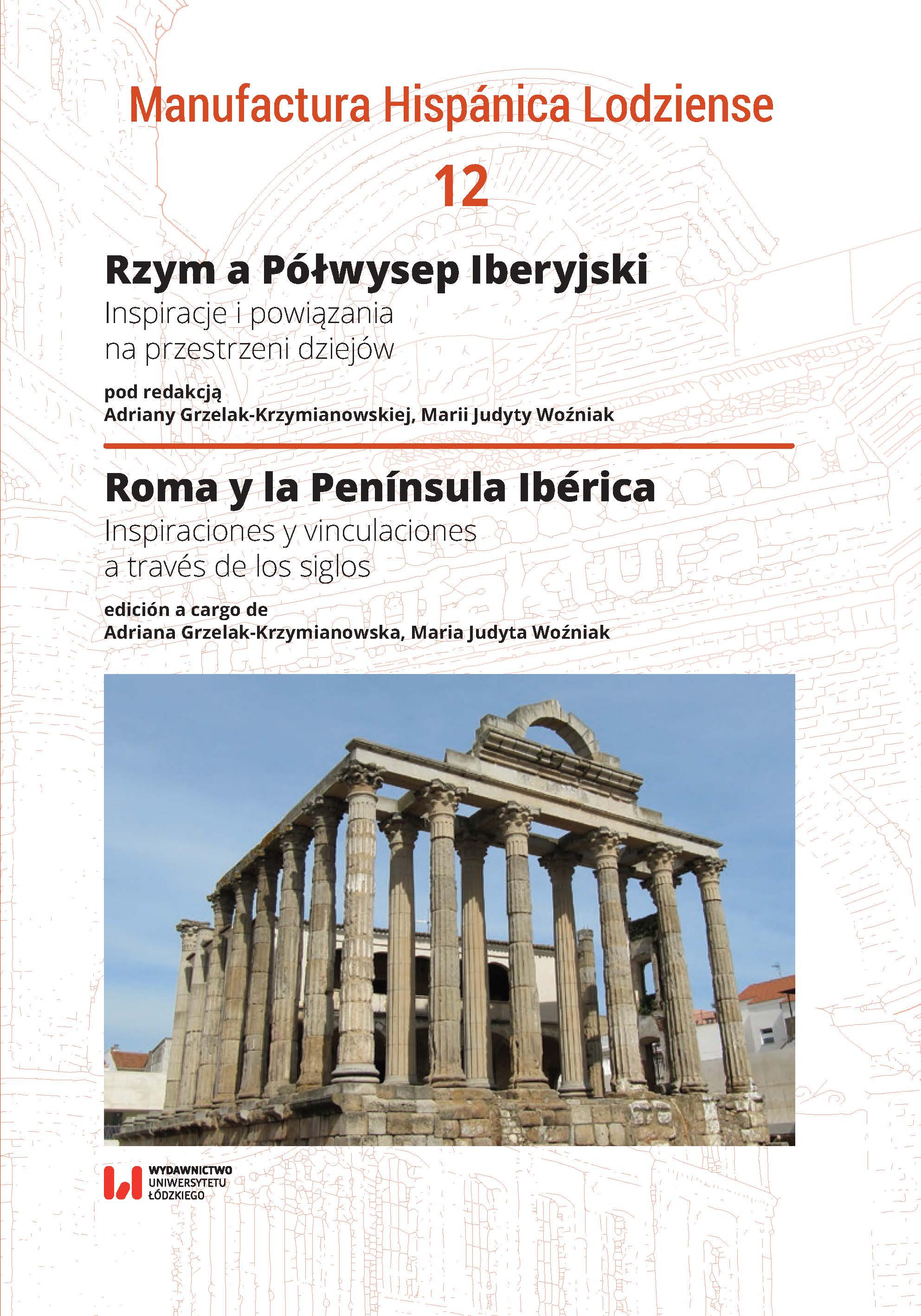
Keywords: Imperial Cult; Iberian Peninsula; Roman religion; Julio- Claudian dynasty; the Flavians
This chapter discusses the issue of the imperial cult on the Iberian Peninsula at the beginnig of the principate. In the first part of the chapter, the stages of development of the imperial cult in the Iberian Peninsula are briefly described. Its main centre was located in Tarraco, the capital city of Hither Spain. Two other provinces – Baetica and Lusitania followed in its footsteps. In the second part, epigraphic and numismatic evidence showing the Iberians’ attitude towards em¬peror worship are analysed. The author tries to prove that the creation of emperor rituals in the whole Peninsula was dominated by the initiative of the Iberians themsleves.
More...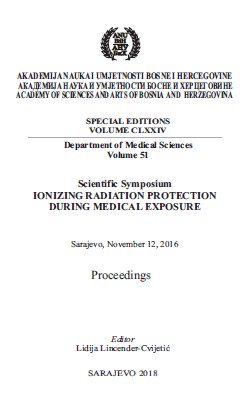
Keywords: regulatory inspection; ionizing radiation protection control; medical application of sources of ionizing radiation; medical exposure;
The Inspectorate of the State Regulatory Agency for Radiation and Nuclear Safety, in accordance with the Law on Radiation and Nuclear Safety in Bosnia and Herzegovina (“Official Gazette of BiH” No. 88/07), carries out inspection supervision of the possession and use of sources of ionizing radiation. Radiation safety control for users of sources of ionizing radiation in medical applications is performed by state inspectors for radiation and nuclear safety. Inspection supervision controls the aspects of radiation protection in medical exposure, including the protection of patients, persons who consciously and voluntarily provide assistance to patients undergoing medical exposure, as well as volunteers who participate in the research, prescribed by the Ordinance on the Protection against Ionizing Radiation in Medical Exposure (“Official Gazette of BiH” No. 13/11). Furthermore, the aspects of radiation protection of professionally exposed persons (workers) and population are controlled according to the Ordinance on Radiation Protection in Occupational Exposure and Exposure of the Population (“Official Gazette of BiH” No. 102/11), as well as the application of other regulations in the field of radiation safety adopted by the State Regulatory Agency for Radiation and Nuclear Safety. This paper presents a framework procedure for inspection supervision of institutions that carry out medical exposure, in terms of radiation safety. Also presented is a short analysis of the inspection supervision of sources of ionizing radiation in medical application conducted in 2015.
More...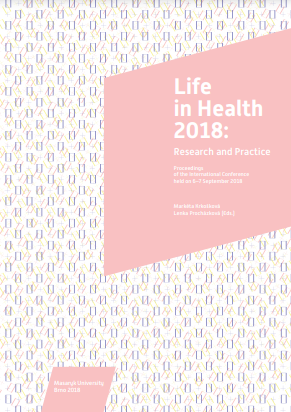
Keywords: drinking regime; analysis; energy drinks; adolescence;
Energy drinks are popular products to cover the body claims of liquid intake mainly for young age categories. Their influence on human body is worth further discussion and their regular use can bear some risks. The aim of this work was to find out about the frequency of energy drinks use and the reasons why adolescents drink them. The analysis comes out of a quantity survey and was carried out in the form of questionnaire survey. The questionnaire contained 27 open and half-open questions. The research sample consisted of 645 respondents. Out of these, 71.47% consumes energy drinks; 62.85% consumes them at least once a month and 4.88% every day. Males consume energy drinks much more often than females. Current use of energy drinks throughout the population is very high and is rising. The impact of energy drinks usage on human body during a long-term consumption is a subject to current research. The amount of energy drinks used without risks to human body cannot be clearly stated.
More...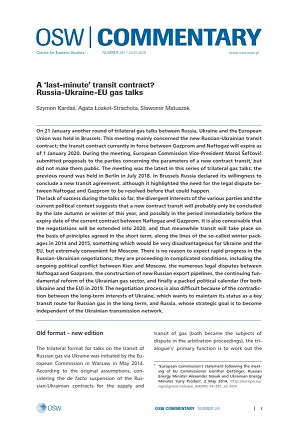
Keywords: Second Karabakh War; Armenia
More than two years after the end of the Second Karabakh War in November 2020, the situation in the conflict area remains highly unstable. Despite declarations of a de facto solution to the problem, intensive peace talks and Armenia signalling significant concessions on the Nagorno-Karabakh issue, the region is once again becoming a flashpoint, as manifested by Azerbaijan’s blockade of it since December. In the process, the conflict has escalated to an open dispute between the two states. Azerbaijan has been provoking Armenia with military attacks along the line of the non-delimited state border (along which there was fierce fighting last September), and suggesting it might forcibly take over transportation routes (the so-called Zangezur corridor) on its neighbour’s territory.
More...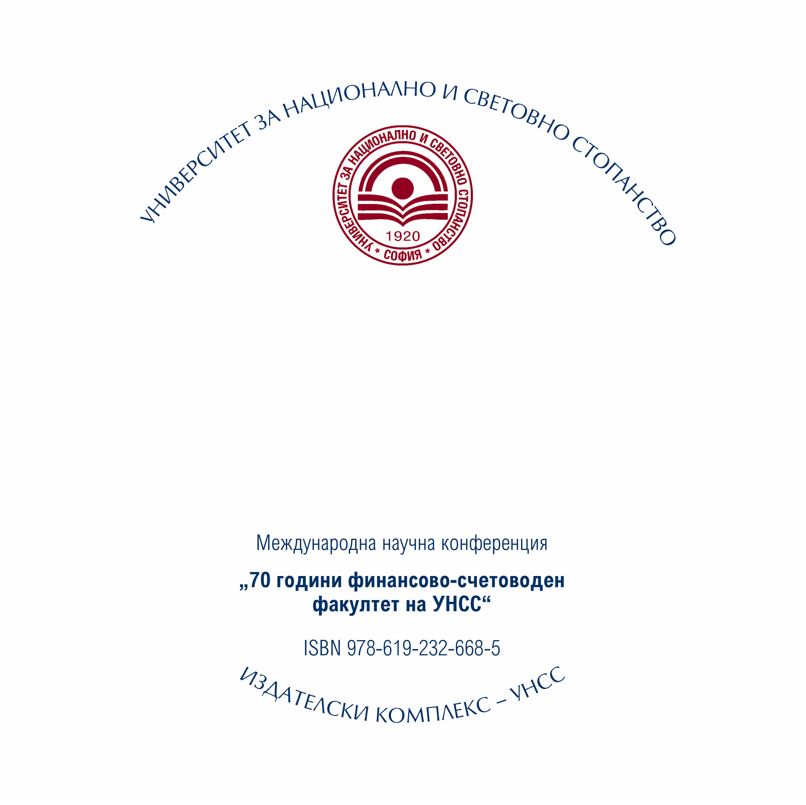
Keywords: insurance companies; investments in financial assets; IFRS 9 Financial Instruments
Based on the fact that the investments of insurers are mainly in securities, any change in the accounting rules for reporting of financial assets will have a significant impact on the activities of insurers. In the initial application of IFRS 9 Financial Instruments, insurers‘ financial assets should be reviewed in terms of their proper classification into specific categories based on the objectives of the business model in which the financial assets are held and their agreed cash flows. That is why the purpose of this study is to present in general the implementation approach of the standard by insurers, while distinguishing the following five phases (stages): development of accounting policy regarding the reporting of financial assets; establishment of a system of accounts for the reporting of financial assets; reclassification of financial assets in view of the transition to the standard; calculating the effect of reclassification of financial assets; presentation and disclosure of the applicable accounting base and the effects of the transition process. Through an analysis of financial instruments investments of the Bulgarian insurance system for the period 2020 – 2021, the specific provisions arising from the transition to the new standard is presented.
More...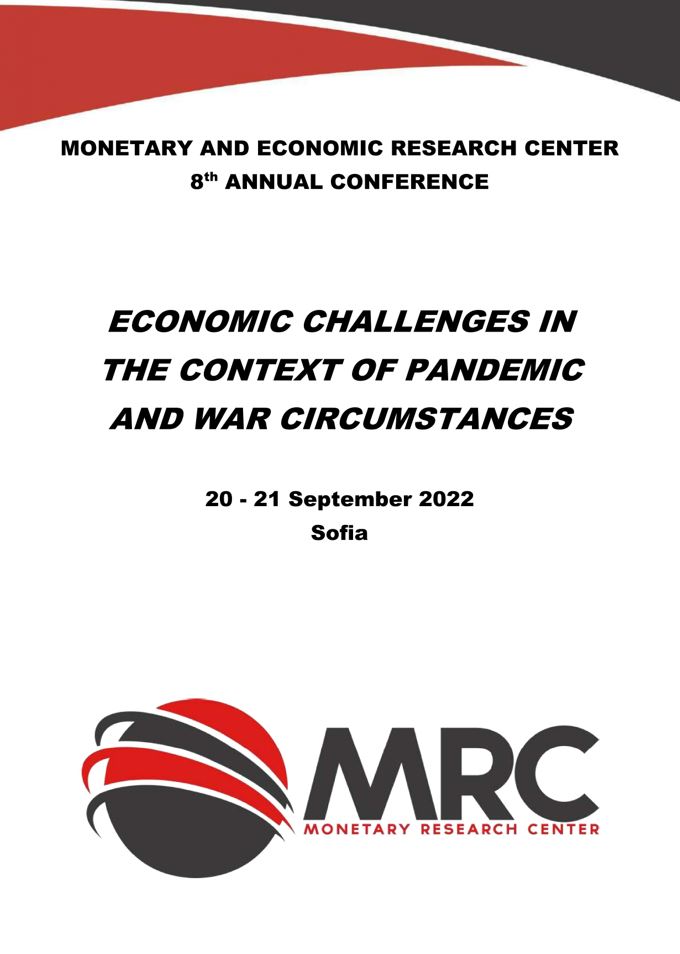
Keywords: cash; payments; cards; payment fraud; CBDC; central banks; Bank of England; Payment Services Regulator; Visa Mastercard; stress tests; IFRS accounting rules; zombie banks
Initiatives in accounting, central banking supervision of banks, bank stability and payments which incept in the UK are generally copied throughout the EU. The Bank of England are, it is believed, determined to abolish cash and replace it with a CBDC (central bank digital currency) already trendily named “Britcoin”. Riding the general wave of enthusiasm for tech and “digitisation”, rapid changes are planned late 2022 early 2023 to the UK payments system. All of these changes, proposed by regulators as ‘modernisation’ to be embraced and worshipped on the altar of tech, tech and more tech, should be paused. The real agenda of the Bank of England (and ECB) is to abolish cash to enable deeply negative interest rates despite rising inflation. This will be retrograde for UK and European societies; will lead to mass poverty and will reduce democratic accountability of governments. Moreover, the desire to abolish cash has incentivised the Bank of England via its subsidiary regulator, the Payment Services Regulator, to do nothing to address rising frauds and charges for card use, since they will claim that this Britcoin replacement of cash will be easier to use and cheaper than cards and less exposed to fraud. The present payments landscape in the UK is dystopian, marred by three easily fixable problems causing massive consumer harm. They are each presented here and collectively termed the ‘evil payments trilogy’.
More...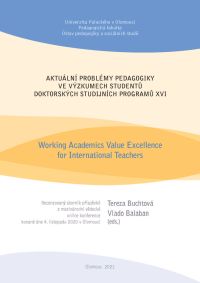
Keywords: institutional care; Czech Republic; children’s home for infants; children’ s home; residential school; secure children’ s home; diagnosis institute;
For children who cannot grow up in a biological family, there are institutional care entities. The aim of this study is to provide readers with characteristics of individual subjects in the Czech Republic with a focus on positive and negative characteristics. The Mongan-Rallis approach (2006) was chosen for the review study. The Czech Republic is a country with a system of care with high-quality social and legal protection for children and adolescents, with a sufficiently developed network of possibilities to secure a child in need. The main benefit of the paper is a comprehensive description of individual devices, which is in literature.
More...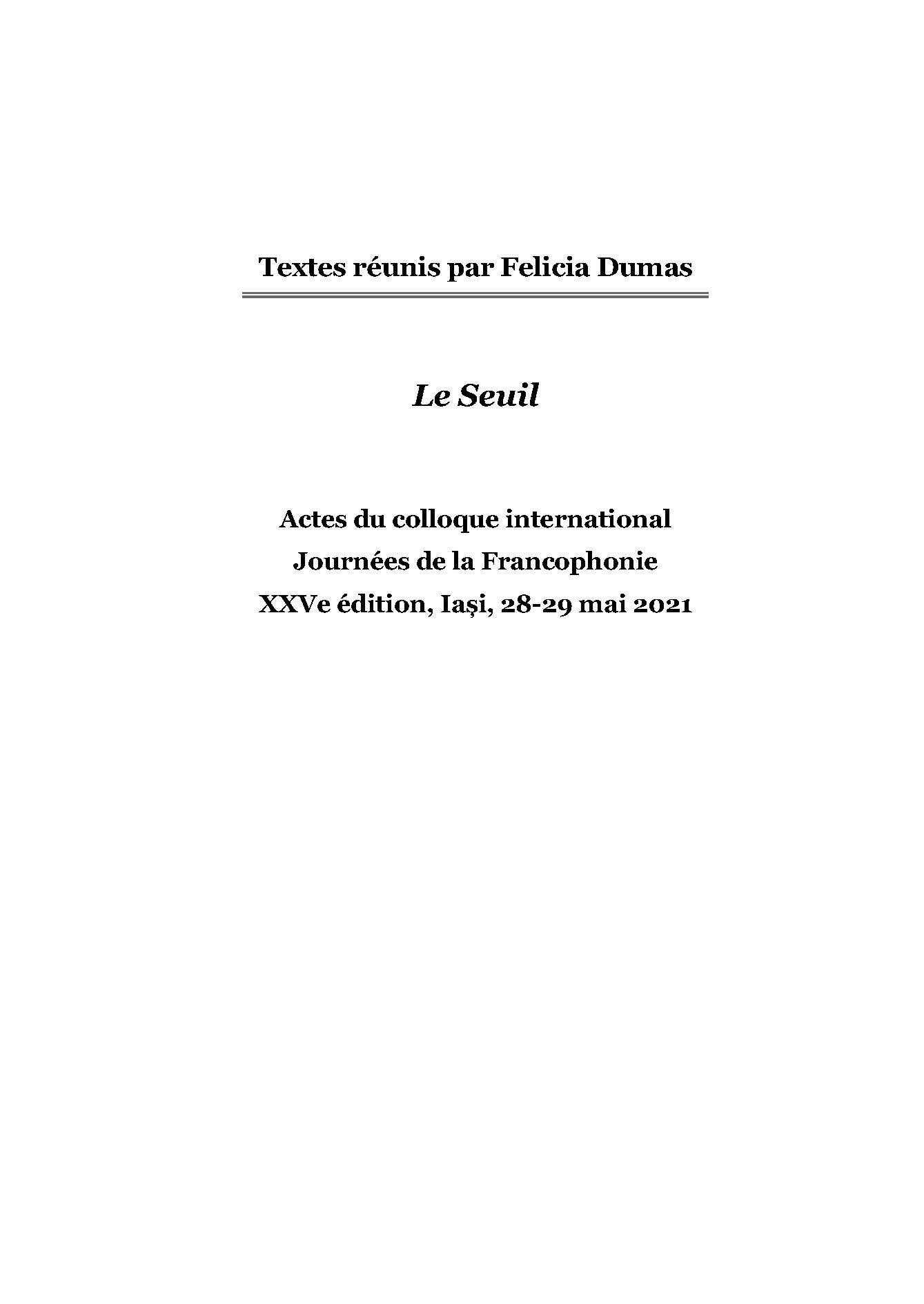
Keywords: tale; sources; classicism; threshold; colour; modernism;
Charles Perrault’s “Blue Beard” was classified among initiation tales, in which the door, the key, the threshold symbolize mystery, death danger, as well as the saving of the young wife. Critical interpretations compared Greek and Roman characters: the gods Janus, Saturn and Chronos, who all had keys and cutting objects to split time. There is a possible connection with the Breton legend of Gilles de Rais (XVth century), as well as with the folk motif of the sun which killed dawn and of day which killed night. We intend to emphasize stylistic features and contexts, where the threshold, the door and the key appear from the beginning to the end, in order to show that these are the essential points which assure the progress of narration; we comment upon their linguistic achievement through presentatives, conjunctions and adverbs, which are used to interrupt a state and to mark renewal and the passage to another state. These verbal forms convey surprise, with respect to the marvelous and the unexpected, to those who read or listen to the tale.
More...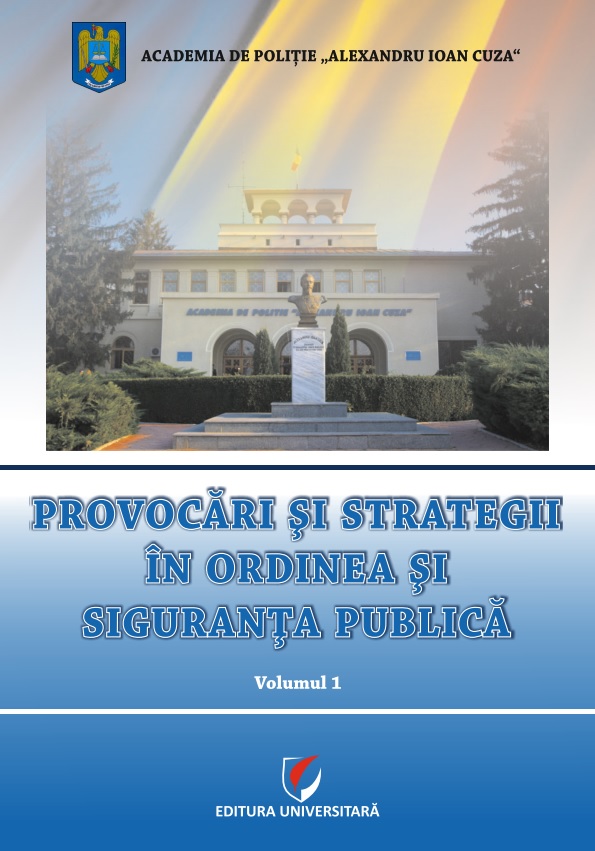
Keywords: method; counterfeiting; counterfeiting; banknote; value;
Counterfeiting is the intervention made on an authentic banknote to change its name (increase invalue). Counterfeiting is a complex activity in which the appropriate technical means are used to helpimitate the original banknote, until authenticity emerges. Given the methods of counterfeiting, it turns outthat only the banknote can be counterfeited, the currency can only be counterfeited.
More...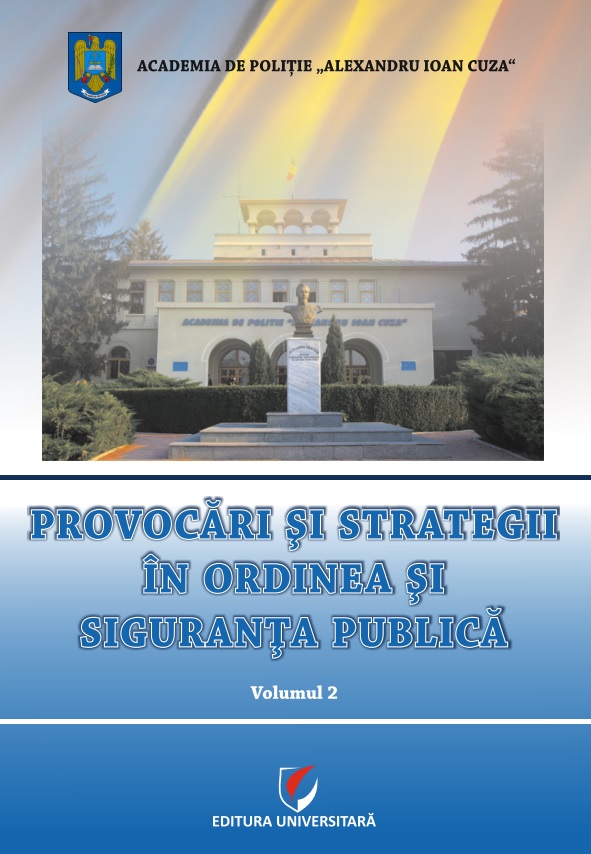
Keywords: management; refugees; war; influx; trafficking;
Cet article vise à présenter les enjeux de la gestion de l'afflux de réfugiés dans le contexte de la crise en Ukraine et l'impact sur l'ordre et la sécurité publics. L'essence de la gestion du phénomène dans de telles situations réside dans la réaction rapide et appropriée aux événements qui menacent. Par conséquent, on peut dire que la gestion des situations de crise comprend l'ensemble des mesures adoptées à tous les niveaux du gouvernement, y compris les ministères, les conseils départementaux et locaux, afin d'assurer et de renforcer l'ordre et la sécurité publics. De ce fait, nous examinerons les causes de l'augmentation des valeurs de trafic aux points de passage frontaliers de l'État, les mesures adoptées dans le plan opérationnel afin de gérer l'afflux de réfugiés et l'impact sur l'ordre et la sécurité publics.
More...